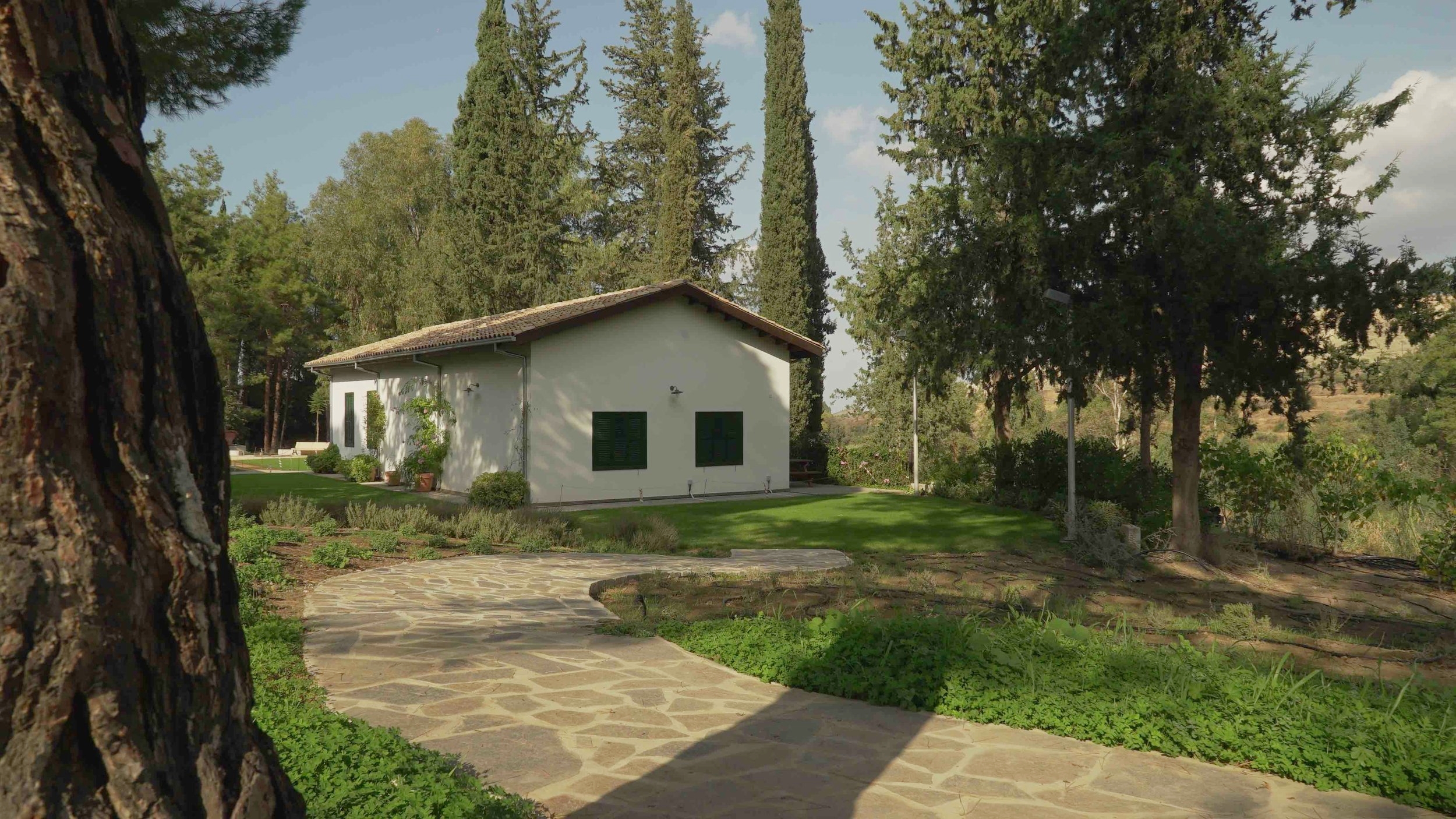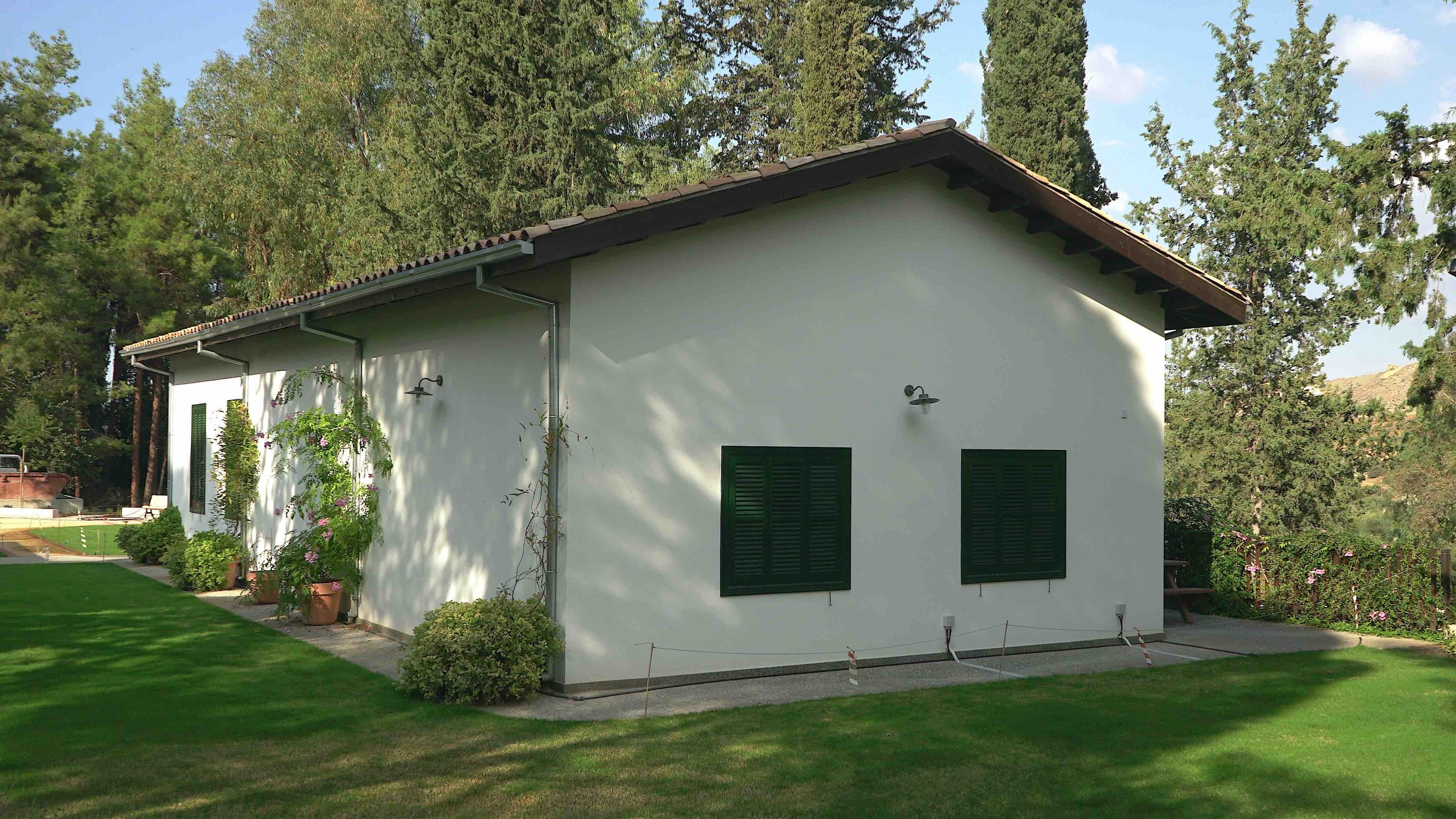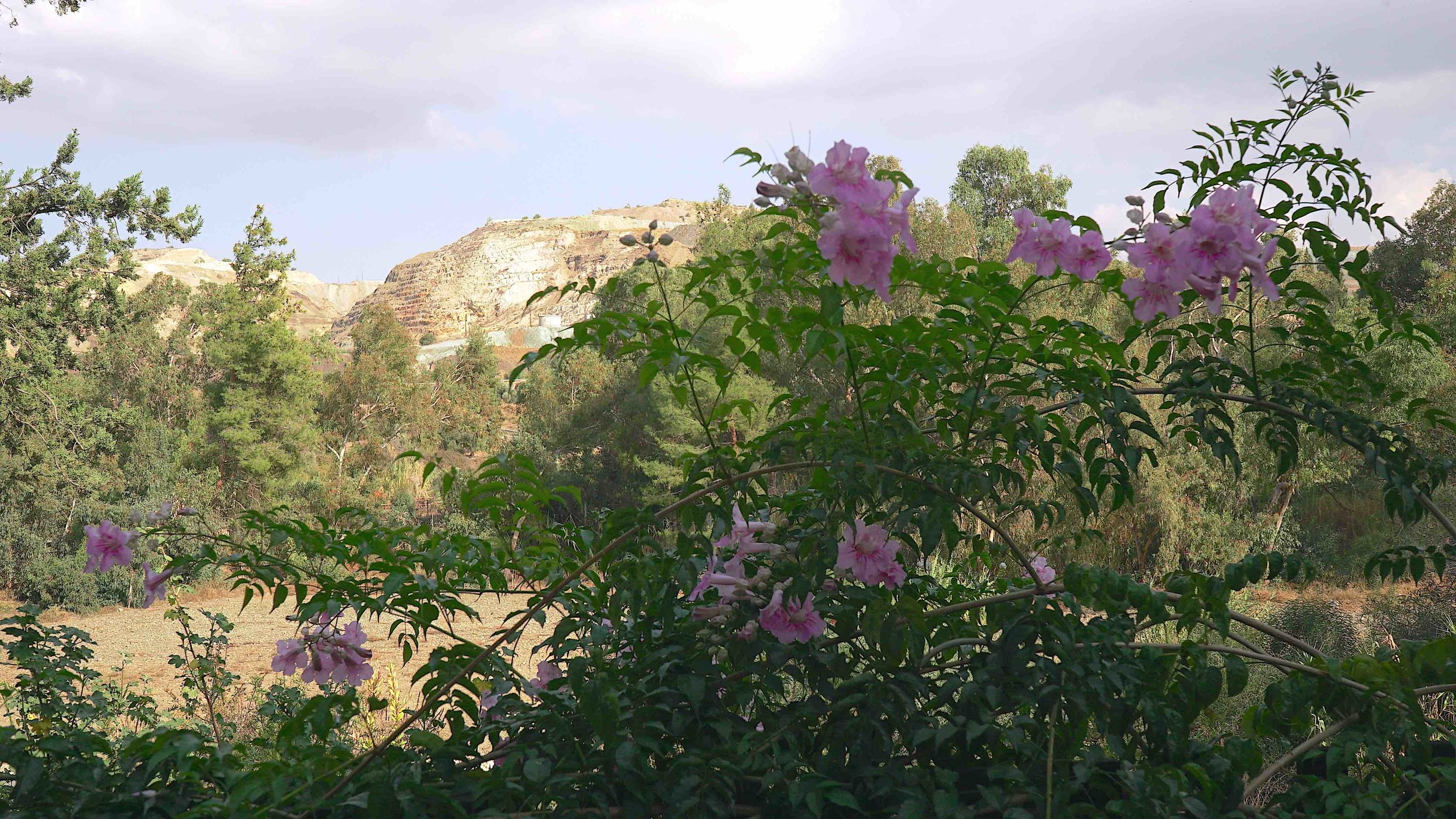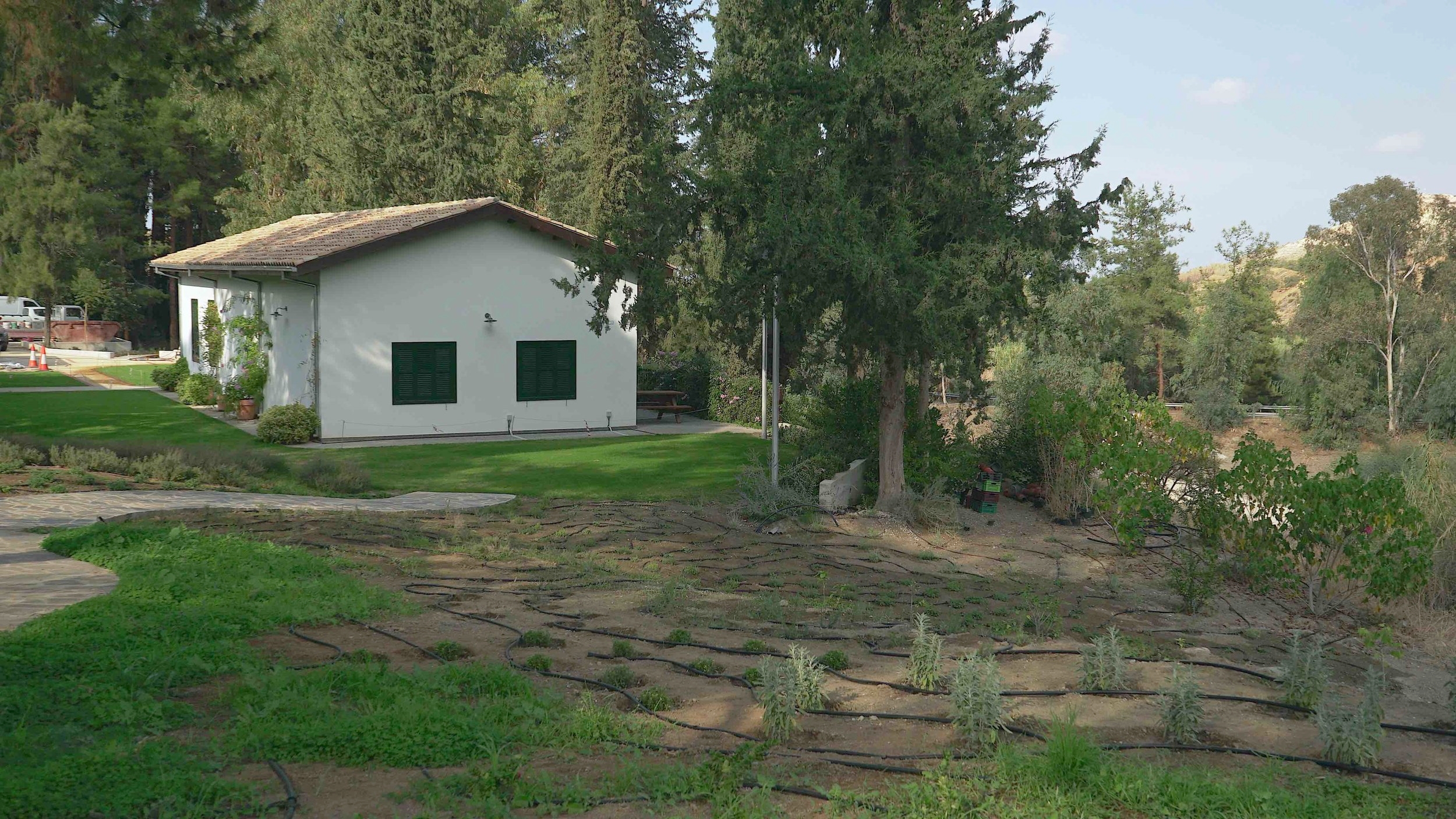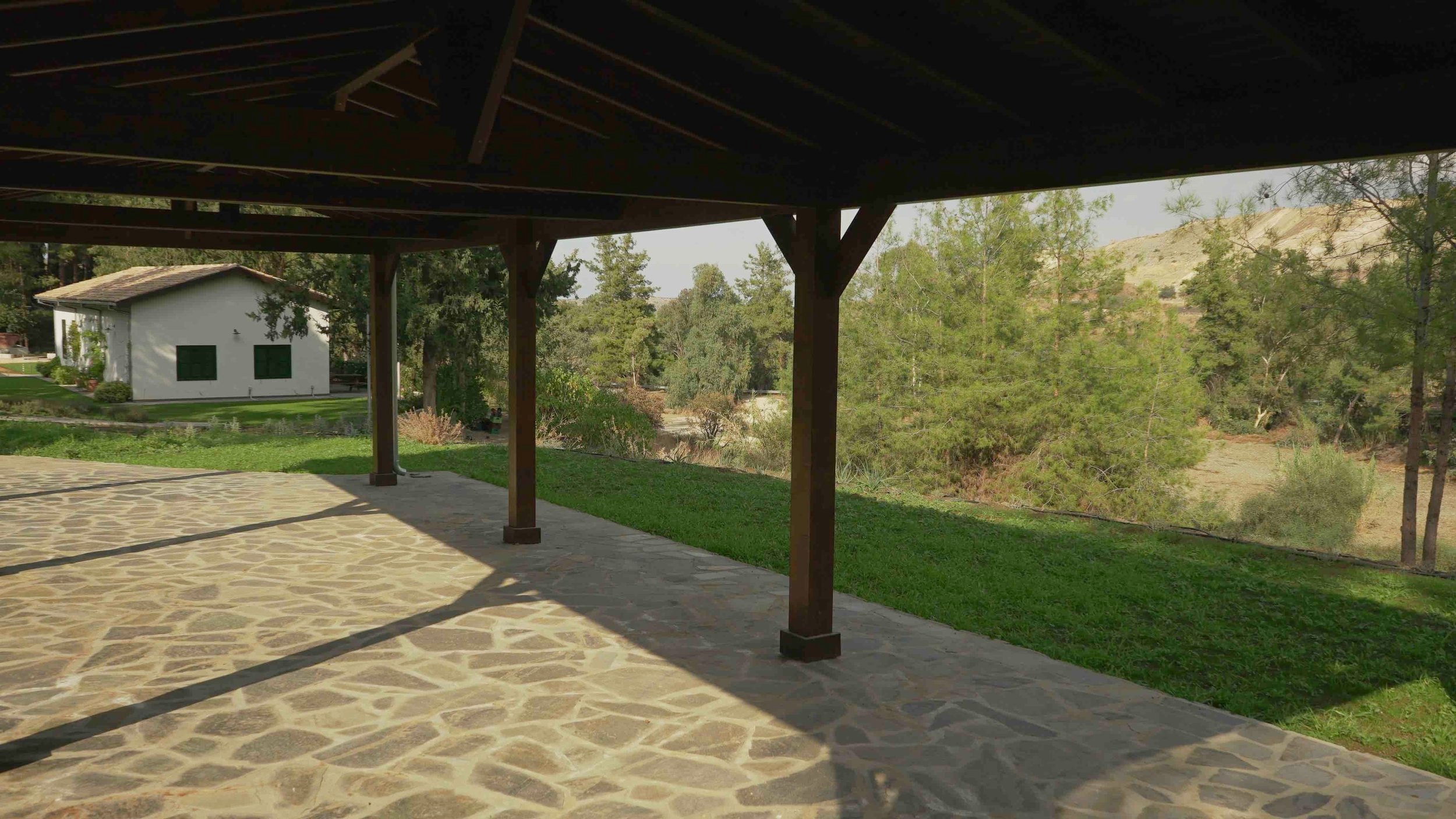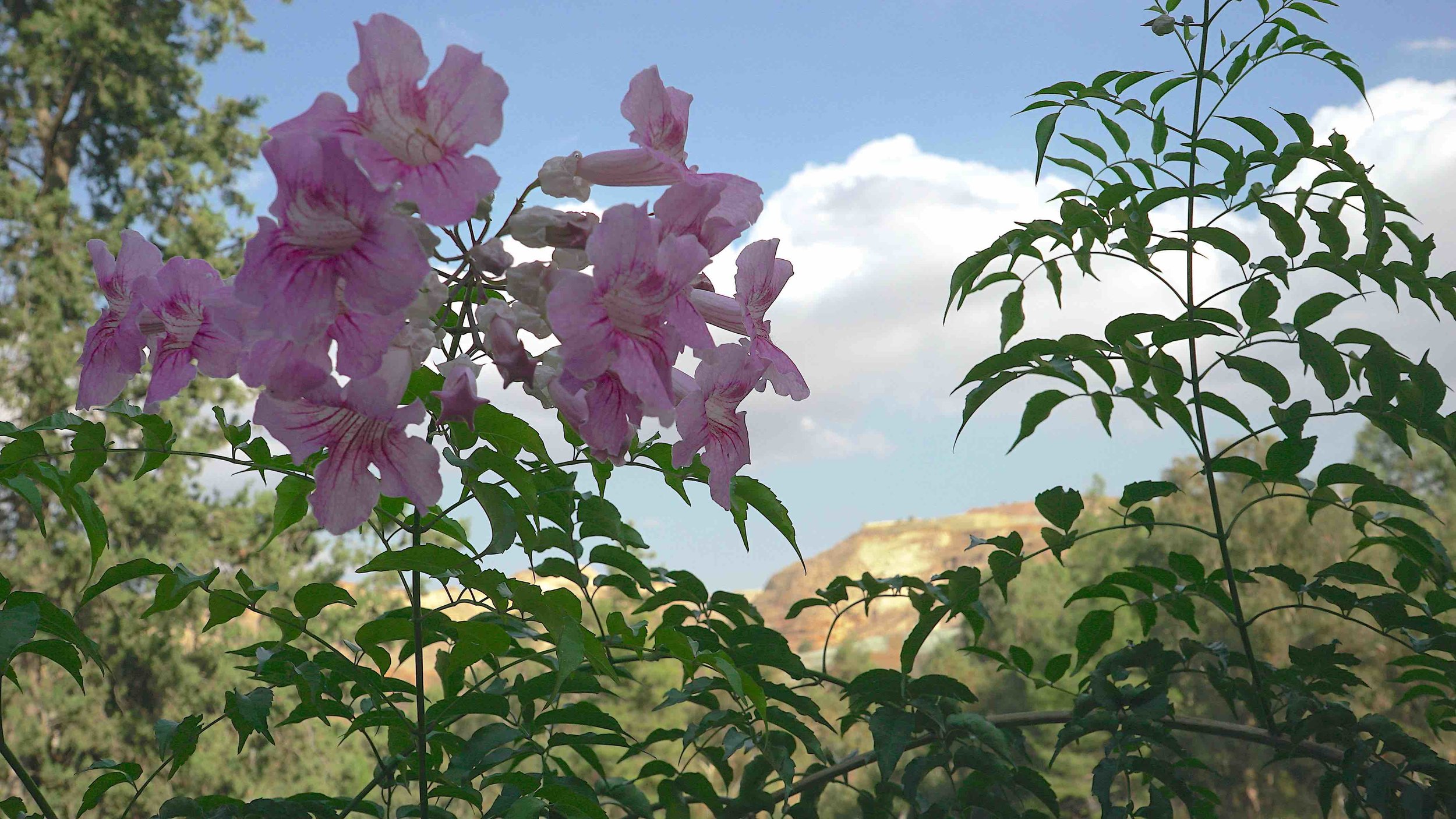Some background information to the presentation on regenerative farming and high phenolic olive oil at the Seoul Biennale:
Atsas Organic Farm & Training Center | Cyprus
“Our philosophy is to not only grow organic products but also to design agricultural ecosystems that are resilient, diverse and will last through time.”
Nicolas Netien
ABOUT
Atsas Organic Products Limited is a family-run agricultural business which was established seven years ago with an aspiration to regenerate and revive natural life in the UN Buffer Zone of the island of Cyprus, close to the occupied village of Petra where the owners have their genealogical roots.
The founding vision of this enterprise was based on the use of the discipline of regenerative farming to design a sustainable agricultural ecosystem and to create products of the highest quality. The farm’s main crop is the olive tree, which have been planted in the area’s characteristically rocky barren land, whose soil has been untouched by human activity (cultivation, chemicals, etc) since the Turkish invasion of 1974.
The main objective of this farm is to strive towards the highest quality possible both in products and in their farming practices. Through careful observation of the land, they have been creating an environment that mimics a natural ecosystem; alongside the cultivation of the olive tree, they grow many supportive species that are increasing the biodiversity of the area.
Today the land currently supports 7000+ olive trees, with the plan to increase plantation in the near future. Atsas began milling olive oil in 2014 using the milling facilities located on the farm. During these past years they have been experimenting with various scientific cultivation processes. As a result of this research, they have now identified the optimal cultivation and extraction methods which enabled them to break the World Record of Phenolic content in olive oil for the 2016-17 and 2017-18 harvests.
The farm’s ambition is to become a model of regenerative farming within Cyprus and the Mediterranean. To this aim, they are currently creating partnerships with local olive farmers with the dual purpose of encouraging them to make the transition from conventional to organic farming. Equally important, their cultivation methods are illustrating how the creation of a resilient system can sustain the challenges of climate change, whilst also being carbon positive, and increasing the biodiversity of the local landscape.
To further the objective of Atsas to provide an exemplary model for the region, they have created the environmentally-focused Atsas Training Centre which was inaugurated in 2017. In partnership with the government of the Republic of Cyprus and private foundations, the Centre aims to provide specialized education that will help bring about truly sustainable rural development, and over time also reverse the rural exodus of the past few decades of the local youth. At present, the training centre teaches a wide range of subjects: from cultivation methods to the transformation of products, health and safety certifications, bee-keeping, and any topic that may encourage the above goals. The Centre will also provide environmental education for children in local schools. The long-term ambition is to change both Cypriot and Mediterranean agricultural and rural practices for the long-term benefit of the broader region.
Atsas High Phenolic Organic Extra Virgin Olive Oil
Oil harvesting, 2018
After 3 years of extensive research and development, Atsas has achieved an organic olive oil of medicinal quality in 2016. This olive oil is made by carefully selecting and hand-picking olives that are milled within 30 minutes in their own facilities. The oil is extracted from the fruit using our own revolutionary process. This fact, combined with our scientific cultivation methods and the unique terroir of Cyprus, has allowed us to create an olive oil which in that year, had the highest ever recorded phenolic content.
Olive polyphenols are beneficial micro nutrients. Their anti-oxidant abilities play an important role in the prevention of cancer and cardiovascular disease. In 2012, the European Union proposed and approved the health claim “EU 432/2012” that certifies the effect of olive phenols on lowering ‘bad’ cholesterol and improving blood lipid profile. The threshold for the EU health claim is 250 mg of polyphenols per litre; Atsas olive oil that year had almost 20 times more, with 4947 mg per litre.
Oleocanthal, a phenol which is not found in all olive oils, also has important biological activities and is related to anti-inflammatory and neuro protective benefits. So far, studies have proven that oleocanthal prevents Alzheimer disease and breast cancer. Meanwhile the anti-inflammatory properties of these specific phenols can help with arthritis and other inflammatory diseases. The most inclusive study so far on Oleocanthals (UC Davis, 2013) measured 110 different brands of extra virgin olive oils for oleacanthal content and their result ranged from 0 mg/litre to 402 mg/litre.
The quality of olive oil can be solely measured through chemical analysis. Olive oil is analysed and certified by the University of Athens and the World Olive Centre for Health using a Nuclear Magnetic Resonance machine which generates the most accurate measurement of the biochemistry of an olive oil.




